Israeli protesters block highways as anti-regime rallies drag on for seven months
Thousands of Israeli anti-regime demonstrators have blocked several roads and highways across the occupied territories, sparking clashes with regime forces, amid months-long protests.
According to Israeli media, protesters on Tuesday faced off with the regime’s forces in a strong show of resentment over the policies of prime minister Benjamin Netanyahu’s hard-right coalition, and its plan to press ahead with a highly controversial bill that seeks curbs on the writ of the so-called Supreme Court.
Crowds of protesters stopped morning traffic in major intersections and on highways. Some lay down on roads, while others threw flares.
Police on horseback deployed among hundreds of demonstrators in the coastal city of Tel Aviv.
At the same time, regime forces started to physically move the protesters at the Kaplan interchange. They also used water cannons in an attempt to disperse protesters.
Video posted to social media showed mounted police pushing into the crowd and scuffling with protesters on a sidewalk and in a pedestrian area.
The protesters remained standing, but the horses pushed them and seemed to tread on some of their feet.
At the entrance to the city of al-Quds, officers used a water cannon to disperse some protesters and dragged others away by force.
A woman was injured earlier on the al-Quds-Tel Aviv highway when she was hit in the head by a water cannon.
Earlier this week, a number of senior Israeli physicians asked police to stop using water cannons as a crowd dispersal technique after a number of protesters were seriously wounded.
The letter characterized water cannons as “weapons” that cause “exceptional and serious” damage by spraying water at high pressure.
At least 42 people were arrested, police said. Sixteen were detained in Tel Aviv, 15 in the central part of the occupied territories, eight in al-Quds and three elsewhere.
Further protests are planned throughout occupied lands on Tuesday, including at Ben Gurion International Airport.
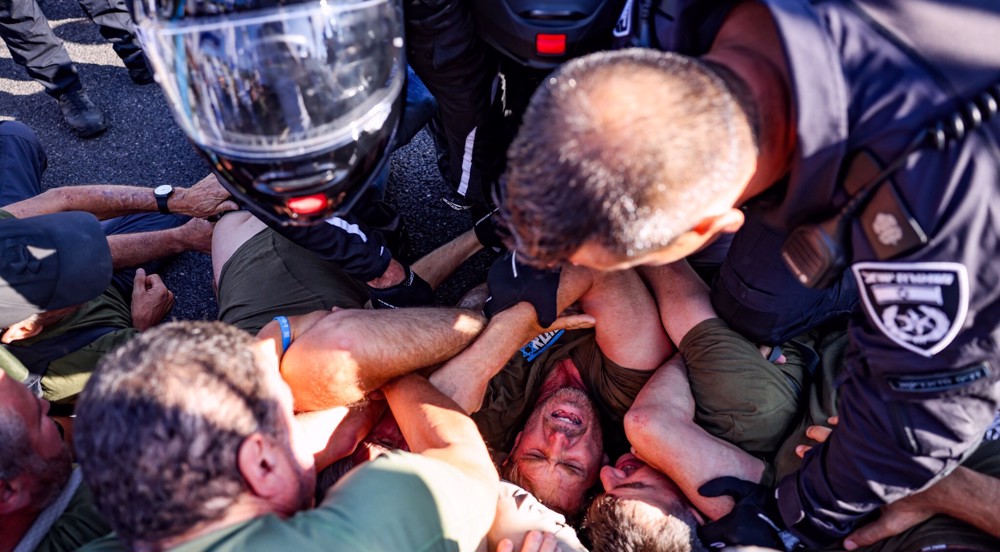
Netanyahu announced the judicial overhaul plan in January after returning to power at the head of a coalition of hard-right and ultra-Orthodox parties.
Those in favor of the scheme allege that it introduces some balance in the power that is wielded by the different branches of the regime. Its opponents, however, say upon ratification, the plan would empower the ruling class to act in a more authoritarian fashion.
Faced with raging protests as well as a wave of mass industrial actions in support of those protests, Netanyahu announced a pause in late March in his drive to get the plan approved by the Knesset.
Read more:
The judicial overhaul plan originally sought to render the Supreme Court incapable of striking down politicians’ decisions.
Pro-Netanyahu lawmakers have indicated that the new bill would be a far softer version of previous proposals that sought to almost totally roll back the Supreme Court’s power to rule against the executive. The opposition, however, says the new bill would still open the door to corruption.
The regime’s attorney general, Gali Baharav-Miara, has accused Netanyahu of acting “illegally” in championing the reforms. She noted that the prime minister is trying to push on with the plan due to his long-running corruption trial in which he is accused of fraud and breach of trust.
'Capitulation': Israeli officials and media concede Gaza defeat as truce unfolds
'Gaza has won': Social media users react to ceasefire with mix of relief, joy
Iran seeks South Korea’s assistance for AI, fiber-optic projects
VIDEO | Iran's 'Eqtedar' (Power) maneuver
Israel hits HTS military target in Syria for 1st time since fall of Assad
VIDEO | Press TV's news headlines
Israel has slaughtered 13,000 students in Gaza, West Bank
VIDEO | More Zionist than Zionists: Biden’s legacy to be defined by Gaza genocide


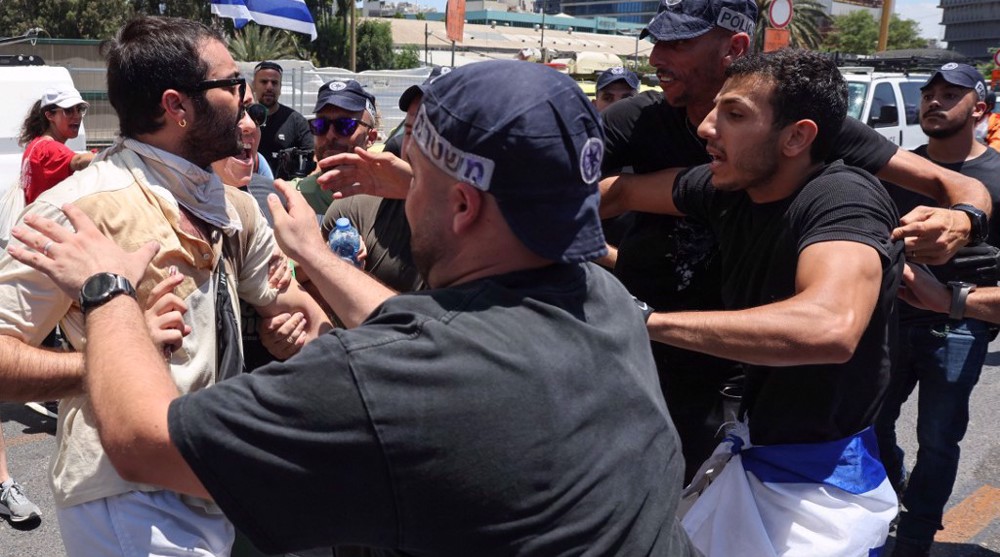

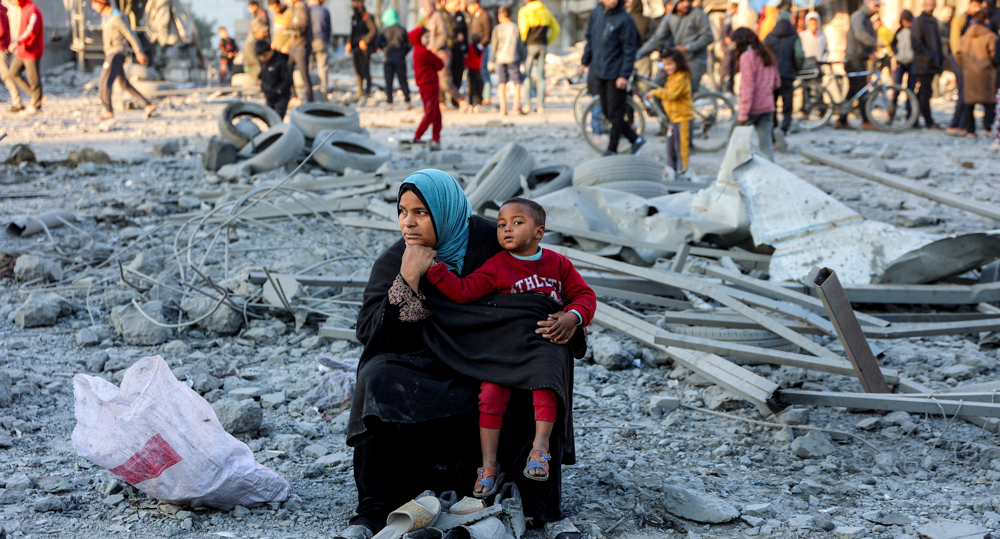
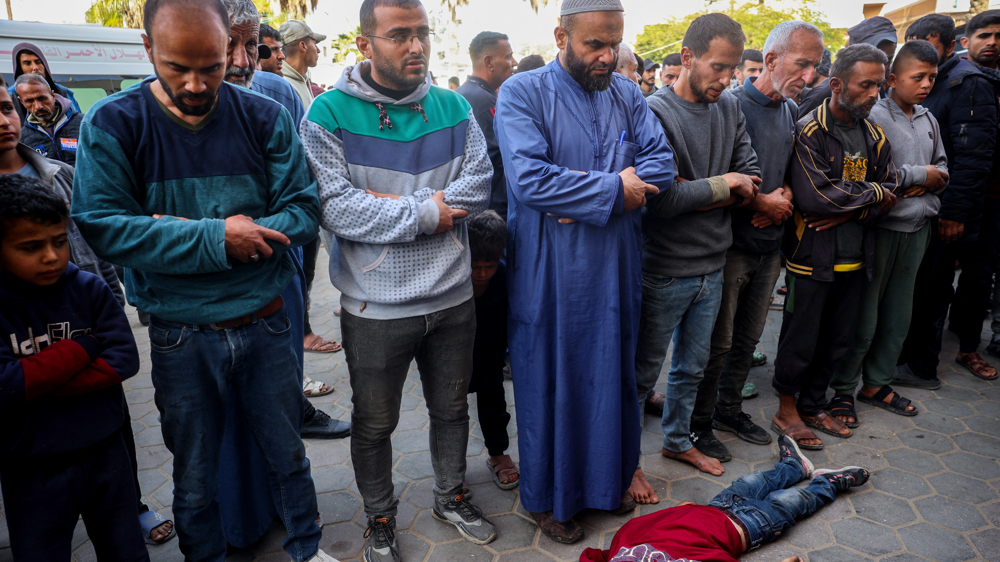



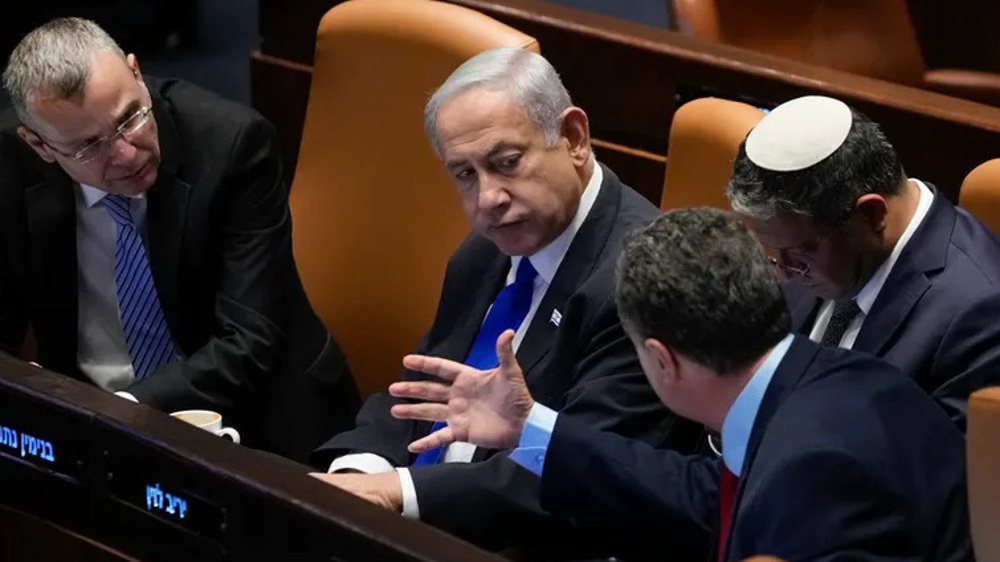
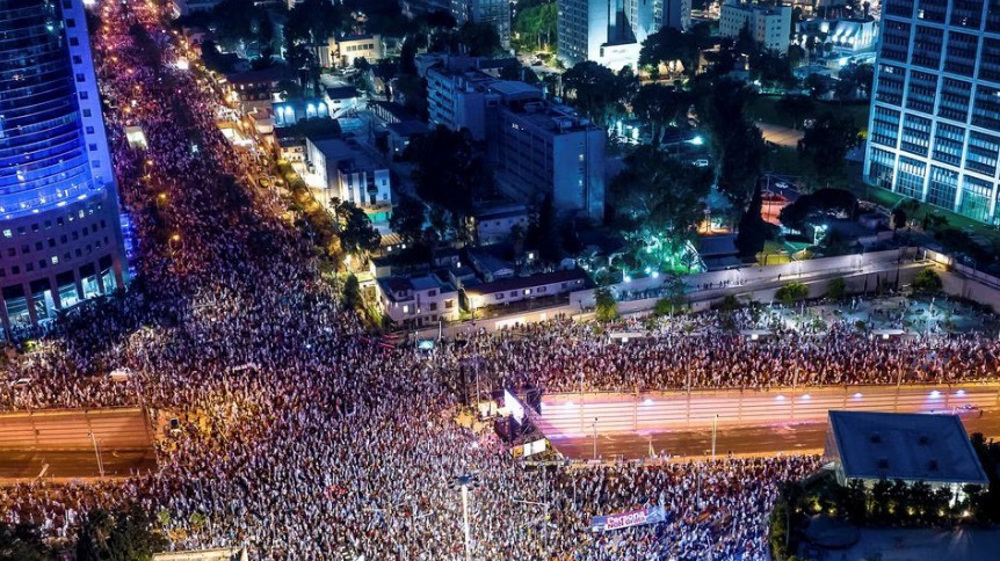
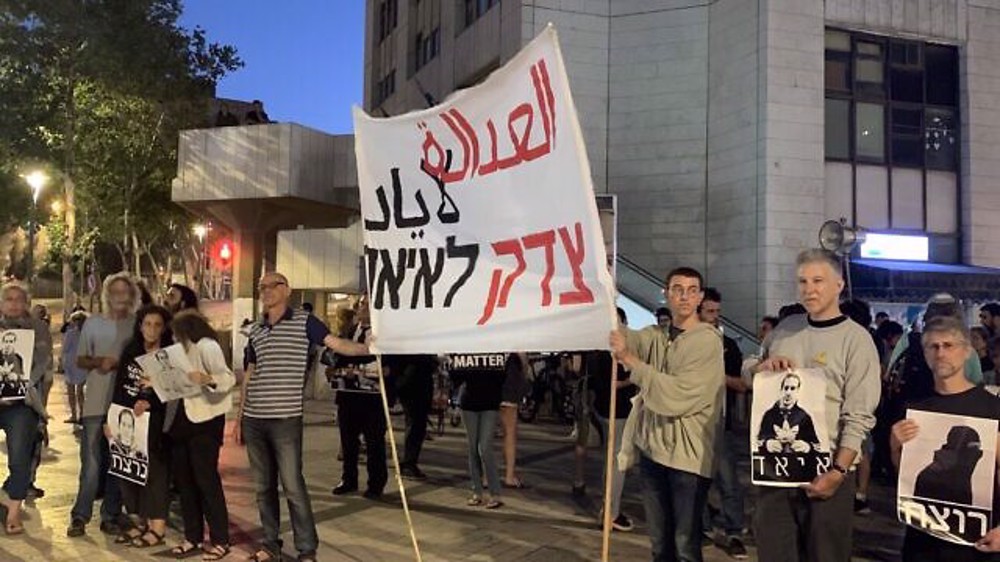
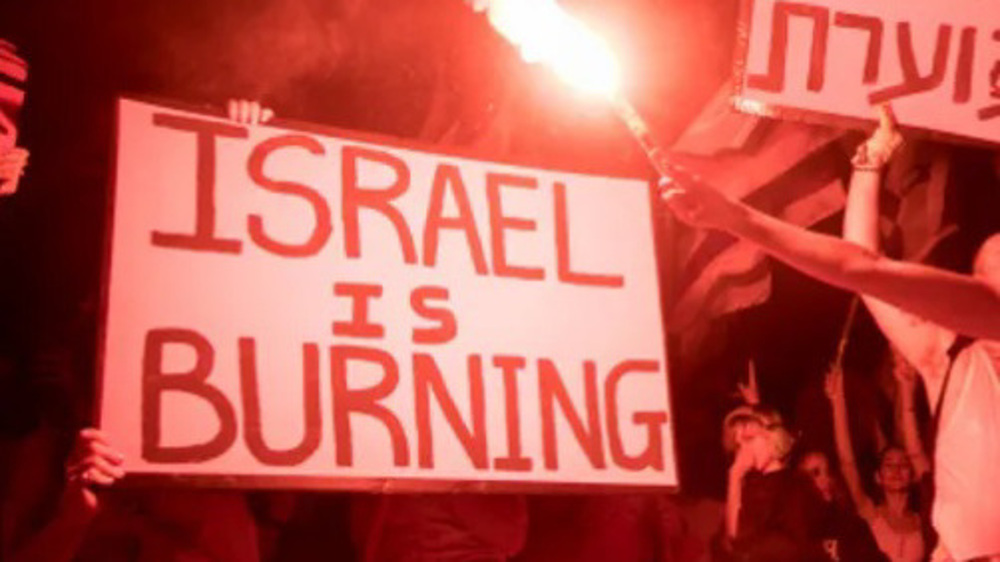

 This makes it easy to access the Press TV website
This makes it easy to access the Press TV website